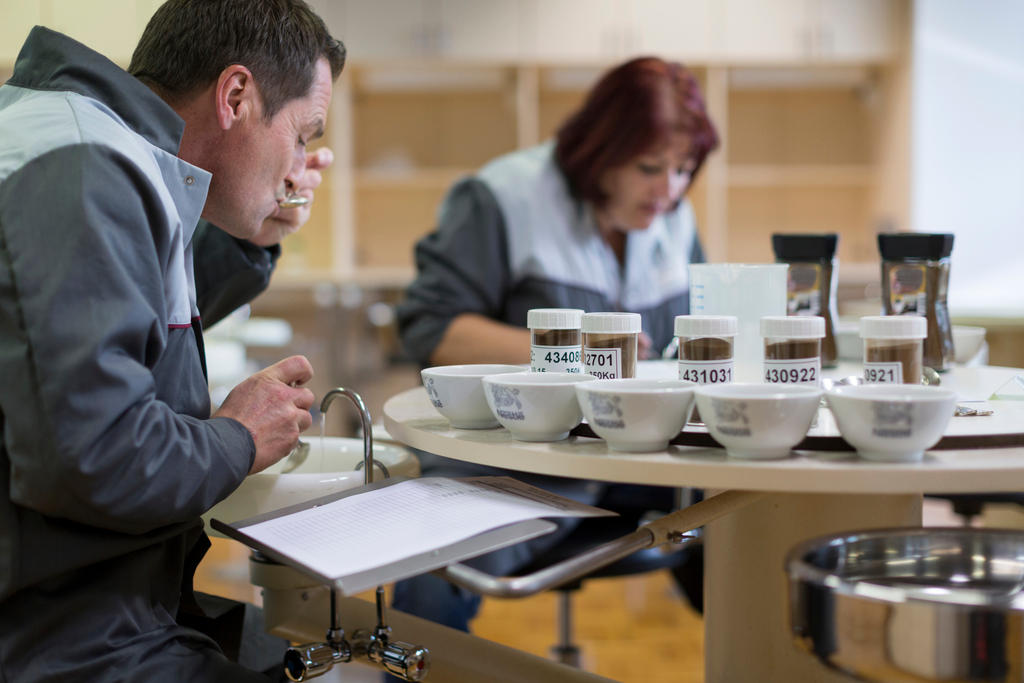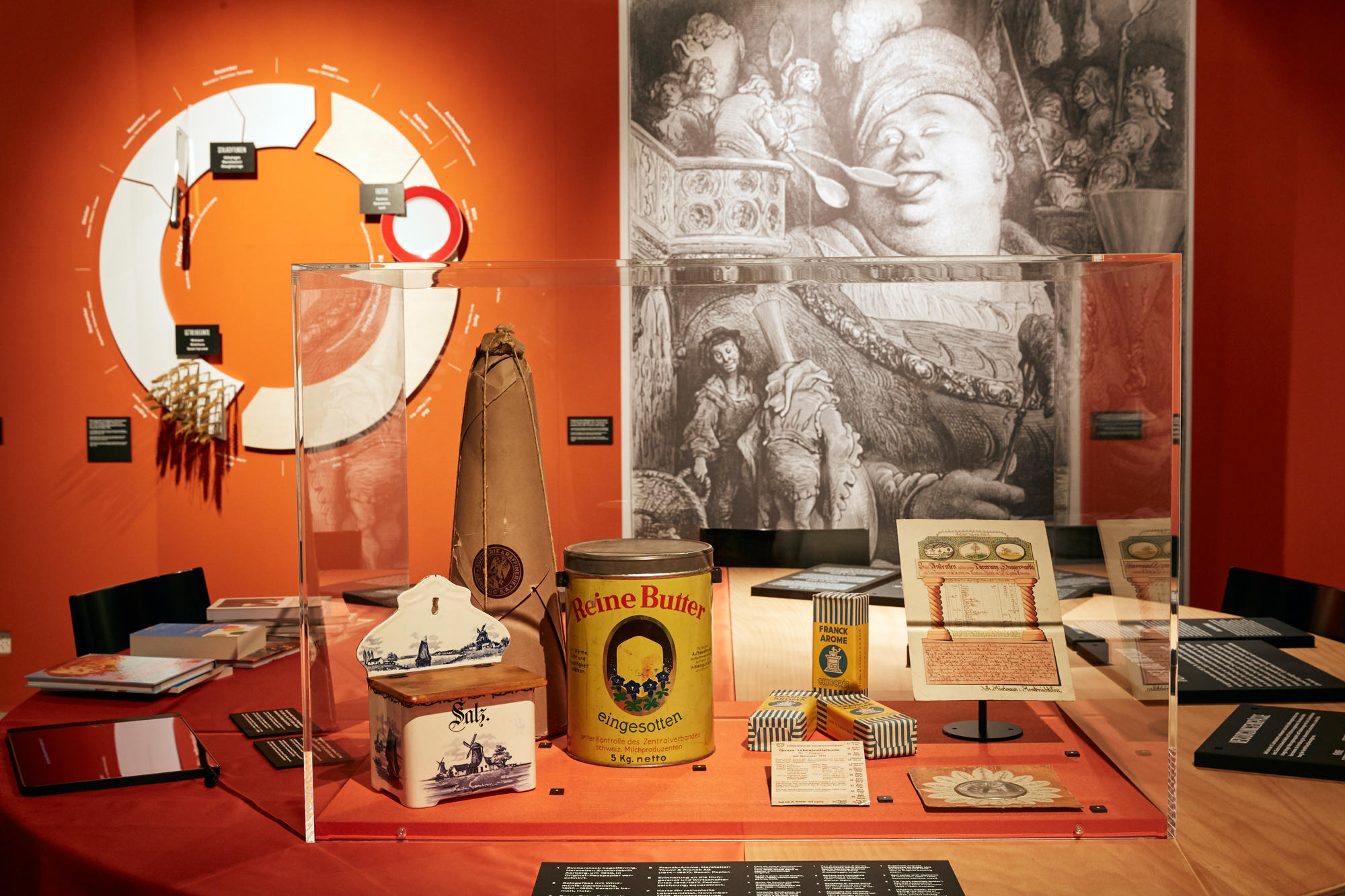Most cups of coffee contain a drop of Switzerland

Your fix of morning joe likely passed through Switzerland, since the country is the world’s trading hub for coffee. In fact, the Swiss export more coffee than chocolate or cheese.
“Most coffee traders are present in Switzerland,” said Cyrille Jannet, vice president of the Swiss Coffee Trade AssociationExternal link, in an interview to Swiss public radio RTS last year.
“This is also the case for the big names in the industry, like Nestlé or Nespresso. Also present are the main participants in the chain on a logistics level, like maritime transport. This had led to Switzerland becoming the main hub for the coffee trade, from trade to industry.”
Switzerland is already home to many important companies trading in raw materials (for example: gold, petrol), thanks to its favourable tax situation and its central position in Europe.
Six of the world’s main coffee traders are based in the Lake Geneva or Zurich regions.
As is often the case for raw materials, precise statistics are hard to come by. But estimates show that between 60-70% of the global coffee trade takes place in Switzerland and that it represents around 1% of the country’s Gross Domestic Product (GDP).
More than chocolate
But more precise data is available when it comes to the volume and value of the import and export of coffee, because these are real products that pass over the border.
In its penultimate annual report on Swiss foreign trade, the Federal Customs Administration focused on the “food, beverage and tobacco” sector, which accounts for 4% of Swiss exports. It stated that coffee was “a flagship product” with a value of CHF2.1 billion ($2.2 billion) in 2015, or around one-quarter (25.8%) of sales in the whole sector.
This is far more than with exports of products traditionally associated with Switzerland, like chocolate and cheese.
Customs statistics also show that coffee exports have risen sharply over the past decade. The global boom in coffee capsules is partially responsible, and sector leader Nestlé produces such capsules exclusively in three factories in Switzerland (Avenches, Romont and Orbe).
In terms of imports, 139,238 tonnes of coffee reached Switzerland last year, with a value of CHF379 million. The two main suppliers are Brazil (29%) and Colombia (17%).
Big coffee consumers
But Switzerland is not just heading the statistics in terms of trade and production. Its inhabitants are also among the biggest consumers of coffee in the world, according to the International Coffee OrganizationExternal link.
Translated from French by Isobel Leybold-Johnson

In compliance with the JTI standards
More: SWI swissinfo.ch certified by the Journalism Trust Initiative













You can find an overview of ongoing debates with our journalists here . Please join us!
If you want to start a conversation about a topic raised in this article or want to report factual errors, email us at english@swissinfo.ch.